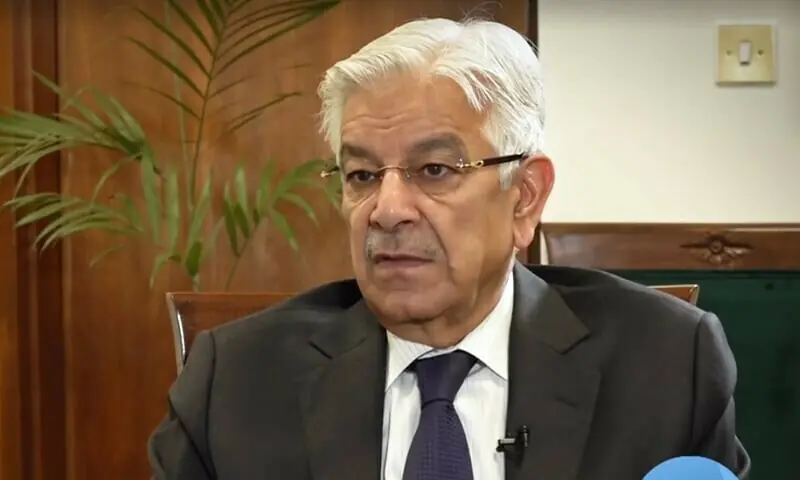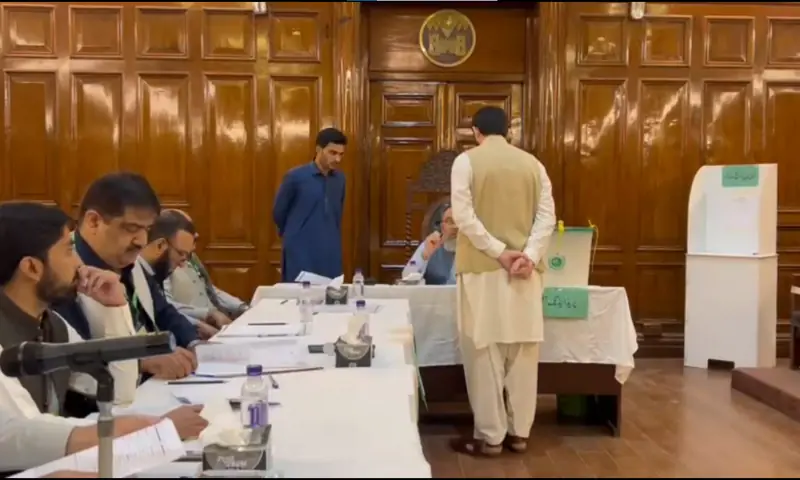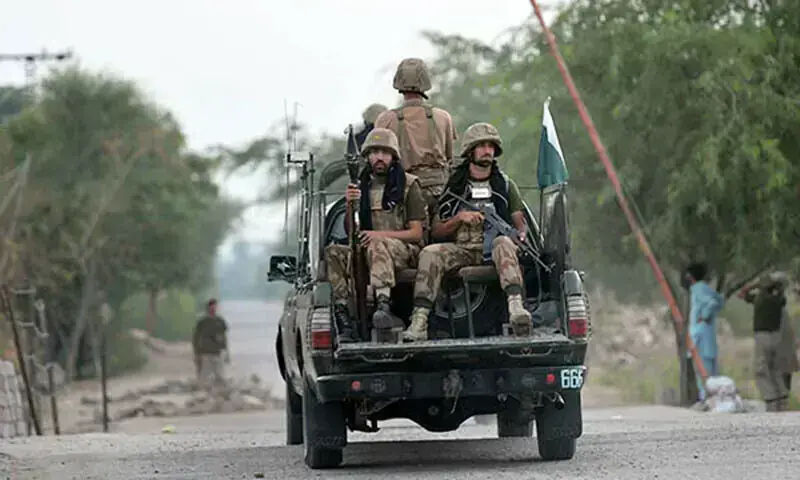DESPITE efforts by friendly states to negotiate long-term peace and resolve differences between Pakistan and Afghanistan through dialogue, talks between Islamabad and Kabul in Istanbul have failed. According to Pakistani officials, the stubbornness of the Afghan Taliban is to blame for the failure. In particular, the Taliban’s refusal to give ironclad and verifiable guarantees that its territory will not be used against Pakistan by terrorist groups such as the TTP proved to be the biggest obstacle to reaching an agreement.
From this point on, we find ourselves in a delicate situation. The Defense Minister has used strong language, vowing to attack Afghanistan in the event of further terrorist attacks, while observing that Pakistan’s western neighbor had become a “congregation of international terrorism”. Meanwhile, the UN has noted that although the dialogue has failed, it is hoped that there will be no new hostilities between the two states.
The sense of betrayal in Pakistan at the Taliban’s intransigence is understandable. Since the hardline movement formed in the mid-1990s, the Pakistani state has maintained open channels with its leaders. This country was one of only three countries in the international community that recognized the previous Taliban regime in Kabul. Many senior Taliban leaders are believed to have sought refuge in Pakistan after the 2001 US invasion. And after the Taliban successfully took over Kabul in 2021, the then ISI chief was photographed in the Afghan capital drinking tea.
Even apart from the Taliban, Pakistan has hosted millions of Afghan refugees from the days of the Soviet invasion to the present. Therefore, the Taliban’s unwillingness to stop their TTP ‘guests’ and other terrorist groups from attacking Pakistan has rightly struck a chord in Islamabad.
According to the Defense Minister, the Istanbul talks were close to reaching an agreement, but Taliban negotiators could not obtain approval from Kabul. He also added that Kabul was apparently following the Indian line. It is a fact that from being enemies, New Delhi and the Taliban have suddenly moved closer to each other; It would not be wrong to say that India is cultivating the Taliban to put pressure on Pakistan.
At this stage, there are few good options for Pakistan. Surely, the State should keep its guard up and infiltration attempts by Afghanistan-based terrorists must be thwarted. The defense of the country is non-negotiable. However, diplomatic efforts must also continue. It must be remembered that Afghanistan-based terrorism threatens the entire region, not just Pakistan.
Therefore, a regional approach to addressing the problem could yield results. The Taliban need investment and recognition from China and Russia; Therefore, along with these and other friendly states, Pakistan must continue diplomatic efforts until the Taliban disowns its terrorist friends.
Published in Dawn, October 30, 2025







